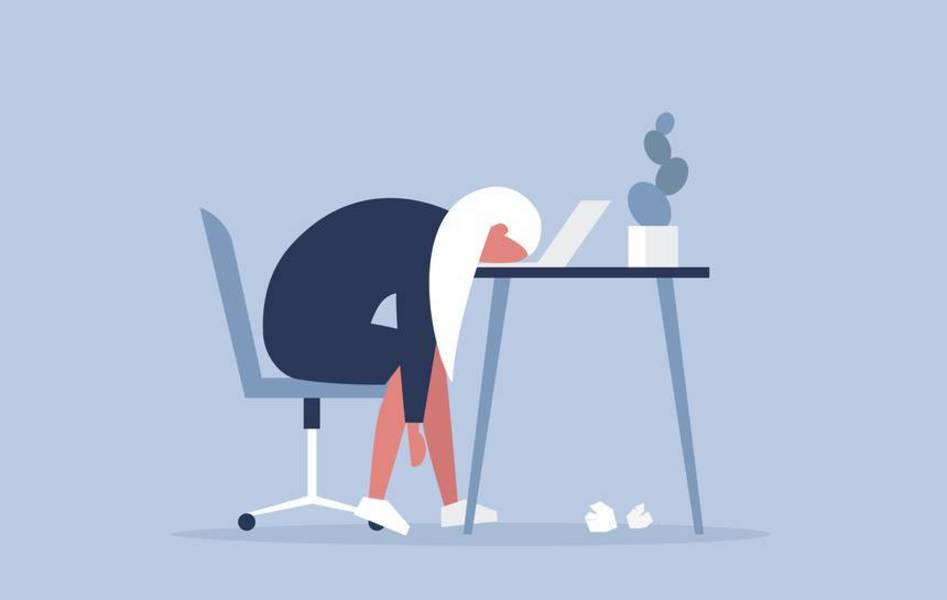Burnout is a serious problem in the workplace, one that can lead to high levels of absenteeism and an increase in healthcare costs. It is important to know the symptoms of burnout so you can take steps to prevent it before it happens or recover from it if you are already experiencing its ill effects. So read on this blogpost for burnout prevention and recovery, and more.
Contents
What Is Burnout?
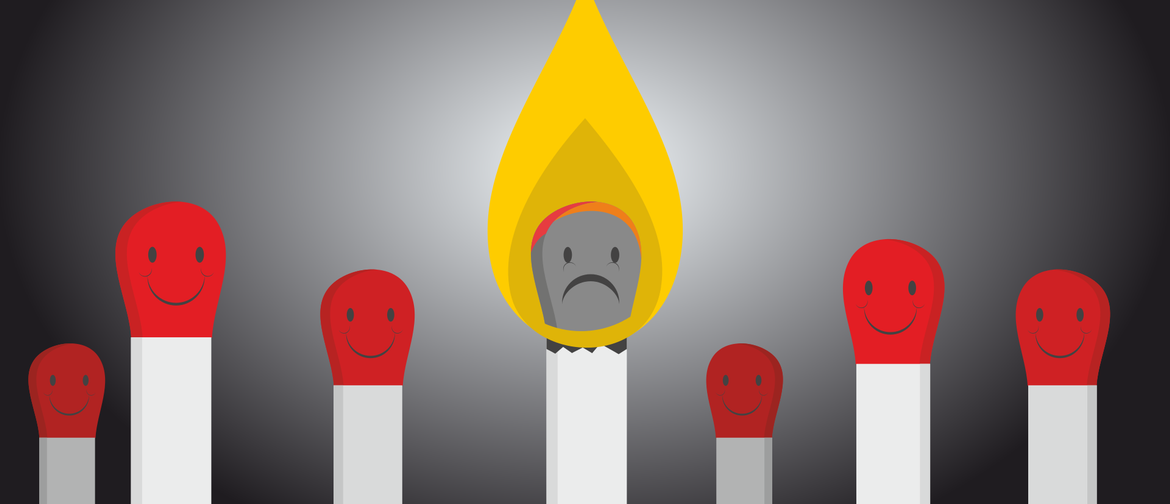
Burnout is a state of physical, emotional, and mental depletion that results from excessive stress. It can contribute to serious health problems if left untreated or undiagnosed.
Burnout often results in feelings of inadequacy, lack of accomplishment, and/or insufficient reward for one’s efforts. It can lead to withdrawal from work or even quitting the job altogether which might have been something you loved doing previously.
Types Of Burnout
Burnout can be of three types:
First-degree burnout
The person is exhausted and feels unable to meet their expectations. However, they can work with outside encouragement or reward such as promotions or bonuses. They tend to feel that it’s not worth making a fuss about small issues which might bother them at present.
Second-degree burnout
The person is exhausted and feels unable to meet their own or anyone else’s expectations. They feel hopeless, helpless, and lost with no sense of accomplishment or satisfaction from work. This can lead to clinical depression if left untreated.
Third-degree burnout
The person has completely burned out and is not able to work at all. They are completely drained of energy and motivation, often leading to suicidal thoughts or tendencies.
Signs And Symptoms Of Burnout
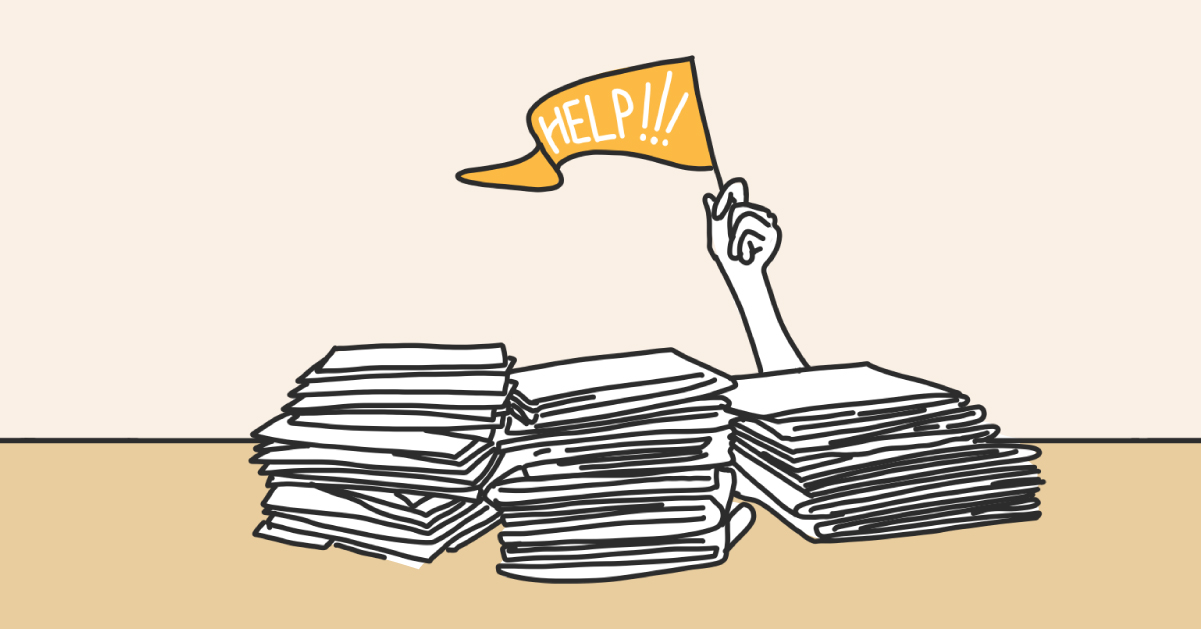 There is no one-size-fits-all answer to this question as the signs and symptoms of burnout vary from person to person. However, some general indicators might suggest you are experiencing burnout.
There is no one-size-fits-all answer to this question as the signs and symptoms of burnout vary from person to person. However, some general indicators might suggest you are experiencing burnout.
Physical signs and symptoms of burnout
- Excessive fatigue or tiredness
- Headaches
- Aches and pains in the neck, shoulders, and back
- Insomnia or difficulty sleeping
- Racing heart or a feeling of being constantly on edge
Emotional signs and symptoms of burnout
- Frequent irritability or outbursts
- Feelings of hostility towards others, including family members and friends
- A loss of enthusiasm for things that used to bring you joy
- Feeling like a failure at work, even when you’re successful
Behavioral signs and symptoms of burnout
- Frequent lateness to work or leaving early
- Sitting at your desk and daydreaming rather than working
The Difference Between Stress And Burnout
There is often a fine line between stress and burnout. However, some key differences can help you determine if it’s something as simple as stress or if it’s burnout.
The first difference is that stress can be transient, lasting for a few minutes to even a couple of hours but burnout lasts much longer. Also, the feeling of stress often goes away after completing an important task.
Whereas with burnout no matter how hard you work you are unable to feel satisfied and accomplished.
The main difference between the two is that stress is caused by external factors such as work, family, or financial problems.
While burnout is often a result of chronic stress, that persists until you take steps to recover from it.
NOTE: It is very important to understand the difference between stress and burnout. Stress can be a good thing as it motivates you, spurs you on, and keeps your senses sharp. However, when left unchecked or untreated for too long, it turns into burnout which has quite opposite effects on one’s health and well-being.
Causes Of Burnout
There are many causes of burnout but most can be classified into three categories: work-related, lifestyle, and personality traits.
There are many reasons why work might lead to burnout. It could be the type of job you have, the amount of work you’re given, the way your workload is managed, or a lack of control over your working environment.
Lifestyle causes of burnout
When lifestyle factors such as unhealthy eating habits, lack of exercise, or excessive drinking start to take their toll, it can lead to burnout.
Personality traits can contribute to burnout
Certain personality traits such as perfectionism, workaholism, and a need for control can increase your risk of experiencing burnout.
Ill effects of burnout
Burnout can lead to many ill effects on your physical and mental health.
Ill Effects Of Burnout On Mental health
- Decreased satisfaction and life-satisfaction
- Increased depression, anxiety, or feelings of low mood
- Lower self-esteem and confidence levels in your abilities at work
Ill effects Of Burnout On Physical health
- Heart diseases such as high blood pressure, coronary artery disease, or angina pectoris
- Stroke due to decreased blood flow to the brain
- Impaired immune system leading to frequent infections or illnesses such as flu, colds, and other respiratory problems
- Chronic fatigue syndrome (CFS)
NOTE: It has also been found that burnout increases the risk of accidents in the workplace which means higher medical costs for employers.
Prevention Of Burnout
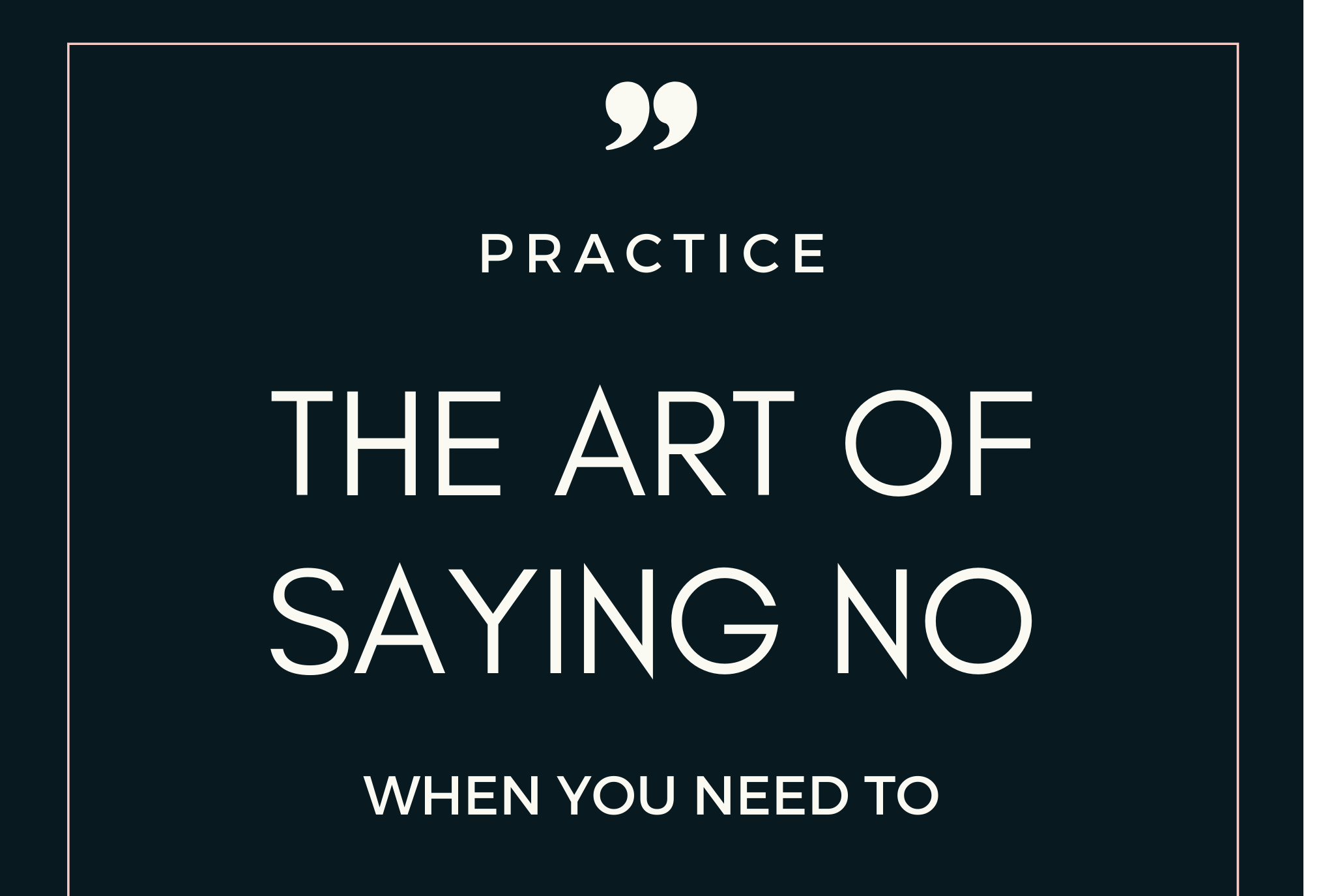
There are many ways in which you can prevent burnout from happening by making small changes or modifications to your lifestyle, work schedule, or even your attitude.
Prevention at work
There are a few things you can do to prevent burnout from happening at work. These include:
- Taking regular breaks,
- Delegating tasks where possible,
- Organizing your workload, and
- Setting realistic goals
Prevention in lifestyle
It’s important to have a healthy balance between work and leisure time. This can be achieved by:
- Setting aside time each week to do something you enjoy,
- Being active, and
- Eating a healthy diet
Prevention in attitude
A positive outlook on life can help prevent burnout from occurring. This means:
- Accepting that things will not always go your way,
- Embracing change, and
- Having a sense of humor about stressful situations
Recovery from burnout
There is no one-size-fits-all approach to recovering from burnout. The best way to recover is usually the one that suits your individual needs and lifestyle.
Self-help Tips
Some of the most common approaches to recovery include:
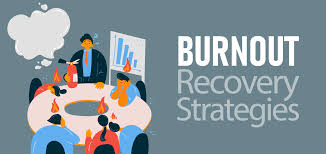
- Taking a break from work,
- Changing your job or career,
- Modifying your lifestyle,
- Seeking counseling or therapy,
- Taking medication, and
- Making changes to your attitude
NOTE: When it comes to recovery from burnout, there are no quick fixes or overnight solutions that will work for everyone. You must create a plan of action based on the causes of your condition as well as any lifestyle factors which may be contributing to it. This way you can make a sustainable change and prevent burnout from happening again in the future.
By Creating Balance

Emotional Balance
Learning how to manage your emotions can help prevent/recover from burnout from happening. This means learning not just about what triggers your emotions but also the skills needed to control them when they arise. For example:
- Identify your emotions,
- Deal with difficult emotions such as anger or sadness, and
- Practice self-compassion
Physical Balance
Maintaining a healthy lifestyle can help prevent/recover burnout. This includes:
- Getting enough sleep,
- Eating a balanced diet, and
- Exercising regularly
Mental Balance
Having a positive outlook on life and maintaining good mental health is important to prevent/recover from burnout from occurring. This means:
- Learning how to overcome negative thinking,
- Identifying what makes you happy and doing more of it, and
- Maintaining strong relationships with family and friends
Spiritual Balance
For some people, having a sense of spiritual connection is important for preventing/recovering from burnout. This could involve:
- Spending time in nature,
- Praying or meditating, or
- Participating in religious activities
Therapies For Recovering From Burnout
Several different therapies can be used to help people recover from burnout. These include:
- Cognitive-behavioral therapy (CBT),
- Mindfulness-based stress reduction (MBSR),
- Interpersonal therapy (IPT) and
- Psychodynamic psychotherapy
NOTE: There are many different types of therapies available that can help people recover from burnout caused by stress and depression at work as well as lifestyle factors. However, not all of these therapies will be suitable for everyone. If you’re experiencing burnout, it might be a good idea to speak with your GP or psychotherapist about which type of therapy is right for you.
Psychotherapists On Burnout
There is a lot of research being conducted on burnout at the moment and many therapists are starting to specialize in helping people recover from it. If you feel like you might be experiencing burnout, it’s important to seek professional help as soon as possible.
Several different psychotherapists can help you if you’re experiencing burnout. These include:
- Counselors,
- Psychologists,
- psychiatrists, and
- Clinical social workers
If you’re not sure which type of therapist is right for you, it might be helpful to consult with your GP or another medical professional.
NOTE: If you are experiencing any physical symptoms such as chest pain, shortness of breath, or irregular heartbeat, it is important to see a doctor immediately as these could be signs of a more serious problem. In such cases, it might not be possible to recover from burnout without medical intervention.
Conclusion
Burnout affects many people in the modern world, but it doesn’t have to be a permanent condition if you know how to avoid it and what steps to take when burnout happens. It can become a very serious condition that can harm both your mental and physical health if left unchecked or untreated for too long.
It is important to be aware of the signs and symptoms of burnout so you can take action to prevent it from happening. So, if you’re experiencing any of the symptoms described above, seek help immediately from your GP (if necessary) and make a plan to recover from burnout.
Remember, it’s important to take things one step at a time and not try to do too much too soon. With the right support, you can overcome this condition and get your life back on track.
For more information, please contact MantraCare. Stress can have both physical and mental effects on the body, leading to negative consequences such as anxiety, depression, and even physical illnesses. If you have any queries regarding Online Stress Counseling experienced therapists at MantraCare can help: Book a trial Stress therapy session
